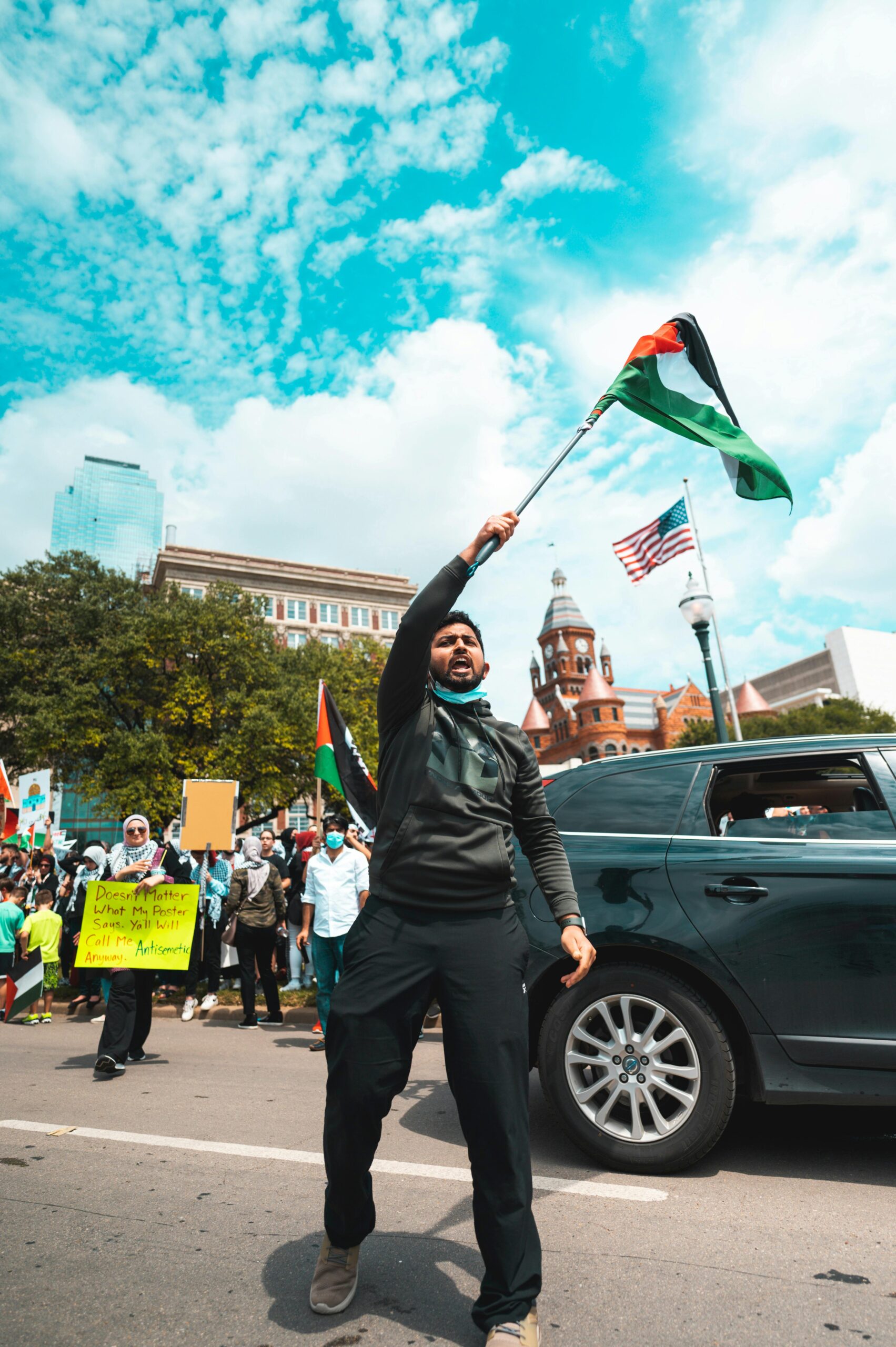A U.S. immigration judge ruled Friday that Columbia University student Mahmoud Khalil, a Palestinian activist and lawful permanent resident, can be deported – advancing the Trump administration’s effort to remove the prominent pro-Palestinian voice from the country. The decision by Judge Jamee Comans of the LaSalle Immigration Court in Louisiana marks a significant development in a case testing the limits of free speech protections for foreign nationals.
The Legal Basis for Khalil’s Deportation Case
Judge Comans determined she lacked authority to override Secretary of State Marco Rubio’s finding that Khalil’s activism could harm U.S. foreign policy interests under the 1952 Immigration and Nationality Act. The Trump-appointed judge denied defense motions to subpoena Rubio about his determination, which cited Khalil’s role in campus protests that allegedly fostered “a hostile environment for Jewish students.”

The ruling came after a contentious hearing at a Louisiana detention center operated by private contractors, where Khalil has been held since his March 8 arrest at his Columbia University apartment. Notably, Rubio’s letter emphasized Khalil could be deported for “otherwise lawful” speech under provisions allowing removal of immigrants deemed threats to foreign policy.
Due Process Concerns in High-Profile Immigration Case
Khalil, an Algerian citizen born in a Syrian refugee camp, addressed the court after the ruling: “What we witnessed today, neither due process rights nor fundamental fairness were present.” His legal team had less than 48 hours to review the government’s evidence and complained about procedural irregularities.
Lead attorney Marc Van Der Hout condemned the proceedings as “a weaponization of immigration law to suppress dissent,” noting parallel First Amendment challenges pending in New Jersey federal court. Immigration judges are appointed by the Justice Department, not the judicial branch – a structure critics say creates conflicts of interest in politically sensitive cases.
The case has become a flashpoint in debates over:
Palestinian rights activism on college campuses, the Trump administration’s immigration enforcement priorities , limits of free speech protections for non-citizens.
Khalil, whose wife is a U.S. citizen, maintains his criticism of Israeli policy is being wrongly conflated with antisemitism. His lawyers submitted media interviews as evidence of his consistent denunciations of prejudice.
What Happens Now
Judge Comans gave defense attorneys until April 23 to apply for relief before considering a final deportation order. Possible avenues include:
1. Claims of potential persecution in Algeria or Syria
2. Ongoing First Amendment challenge in New Jersey federal court
3. Appeals through the Board of Immigration Appeals
As the case continues, it highlights tensions between national security powers and civil liberties – with implications for thousands of foreign students and activists in America.

















